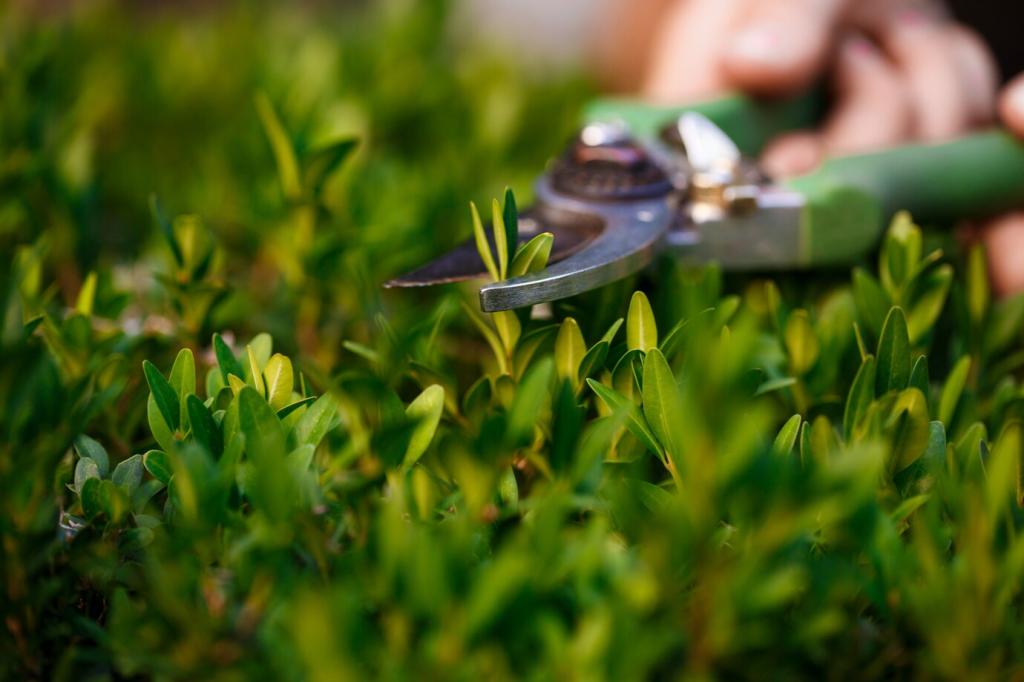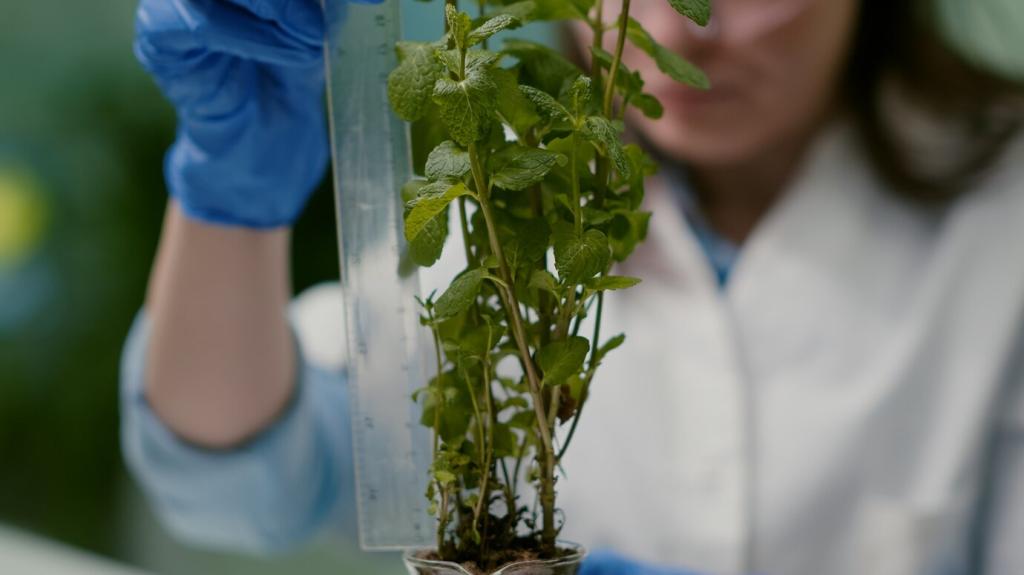Popular Office Plants and Their Care Requirements
Bringing greenery into the workplace can transform both the ambiance and the productivity levels of any office environment. Popular office plants not only add aesthetic appeal but also contribute to cleaner air and a calming atmosphere. This guide highlights some of the most favored plants for office settings, along with their essential care requirements. Whether you are a seasoned plant enthusiast or new to indoor gardening, understanding the specific needs of these plants is crucial for keeping them healthy and vibrant in the unique conditions found in workspaces.

Low-Light Tolerant Office Plants
Snake Plant (Sansevieria)
The snake plant is one of the most adaptable office plants, known for its forgiving nature and striking upright leaves. It thrives in low to moderate light and can withstand periods of neglect, making it ideal for office environments with inconsistent care routines. Snake plants prefer well-draining soil and should only be watered when the soil feels dry to the touch, as overwatering can lead to root rot. They tolerate a range of temperatures commonly found in offices and appreciate occasional dusting of their leaves to keep them looking attractive. Due to their architectural form and low maintenance requirements, snake plants are a favorite for those seeking both style and resilience in office greenery.
ZZ Plant (Zamioculcas zamiifolia)
The ZZ plant is another excellent option for offices, prized for its lush, waxy foliage and impressive ability to survive in low-light conditions. These plants require very infrequent watering, typically only once every few weeks, as their thick rhizomes store water efficiently. The ZZ plant is not sensitive to varying humidity levels and is tolerant of neglect, making it suitable for busy office settings. It should be positioned away from direct sunlight to prevent leaf scorch. Regular removal of yellowing leaves and occasional wiping of the foliage will ensure the ZZ plant remains an attractive centerpiece on desks or shelves.
Peace Lily (Spathiphyllum)
With its elegant, glossy leaves and showy white blooms, the peace lily is a popular choice for low-light offices. Peace lilies do best in filtered or artificial light and should be watered when the soil surface becomes dry. Although they are tolerant of lower humidity, they will thrive if misted regularly or placed in environments with moderate moisture levels. Peace lilies are also effective at purifying indoor air, making them a valuable addition to workspaces. Care should be taken to avoid overwatering, as their roots are susceptible to rot. If the leaves droop, it is a sign that watering may be overdue, but they generally recover quickly once given attention.
Pothos (Epipremnum aureum)
Pothos is renowned for its cascading vines and heart-shaped leaves, bringing a touch of tropical flair to the office with very little effort. It is adaptable to a range of lighting conditions, from low to bright indirect light, making it suitable for most workspace environments. Pothos prefer their soil to dry out between waterings, so they are forgiving if occasionally forgotten. They can be trimmed to promote bushier growth, and cuttings root easily in water, making propagation a fun and simple project for offices that want to share plants among colleagues. While generally pest-resistant, occasional checks for spider mites or mealybugs are warranted to keep them healthy and attractive.
Spider Plant (Chlorophytum comosum)
Spider plants are celebrated for their air-purifying capabilities and ease of care, making them perfect companions for office desks or communal spaces. They thrive in indirect light and are not picky about watering schedules, typically only needing a drink once the soil has dried out. Spider plants frequently produce offshoots, or "babies," which can be easily propagated and shared. Their arching leaves add visual interest, and they withstand occasional lapses in care. Regular removal of dead leaves and the occasional flush of the soil to remove accumulated salts can help ensure ongoing vitality and lushness in the office environment.
Jade Plant (Crassula ovata)
The jade plant is a resilient succulent known for its thick, fleshy leaves and distinctive tree-like appearance. It is particularly well-suited for office spaces due to its minimal watering needs and tolerance of varying indoor conditions. Jade plants prefer bright, indirect light but can also adapt to lower levels of illumination. Overwatering should be avoided to prevent root rot; allowing the soil to dry out completely between waterings will promote healthy growth. Infrequent feeding with a balanced fertilizer during the growing season can further enhance its vigor. Because the jade plant is slow-growing and compact, it makes a long-lasting and attractive addition to desktops or windowsills.
Air-Purifying Plants for a Healthier Workspace
Boston Fern (Nephrolepis exaltata)
Boston ferns are known for their feathery, lush fronds and superior air-purifying qualities. They excel at removing common indoor pollutants such as formaldehyde and toluene, making them a healthy addition to office spaces. To thrive, Boston ferns need moderate to bright indirect light and consistently moist, but not waterlogged, soil. High humidity is essential for maintaining their fronds’ fullness, so regular misting or placing the pot on a pebble tray with water can be beneficial. With proper care, Boston ferns remain a vibrant, refreshing presence in the workplace, enhancing both the air and the aesthetic.


Rubber Plant (Ficus elastica)
The rubber plant is a robust office favorite, recognized for its broad, shiny leaves and ability to filter toxins such as formaldehyde from indoor air. It performs well in moderate to bright, indirect light and prefers evenly moist soil, though it tolerates occasional drying between waterings. Rubber plants benefit from occasional leaf wiping to remove dust and promote optimal air filtration. They are relatively low-maintenance, requiring feeding during the growing season and occasional pruning to control size and shape. With its elegant presence and functional benefits, the rubber plant is an excellent investment in both wellbeing and decor for any office setting.
Join our mailing list
